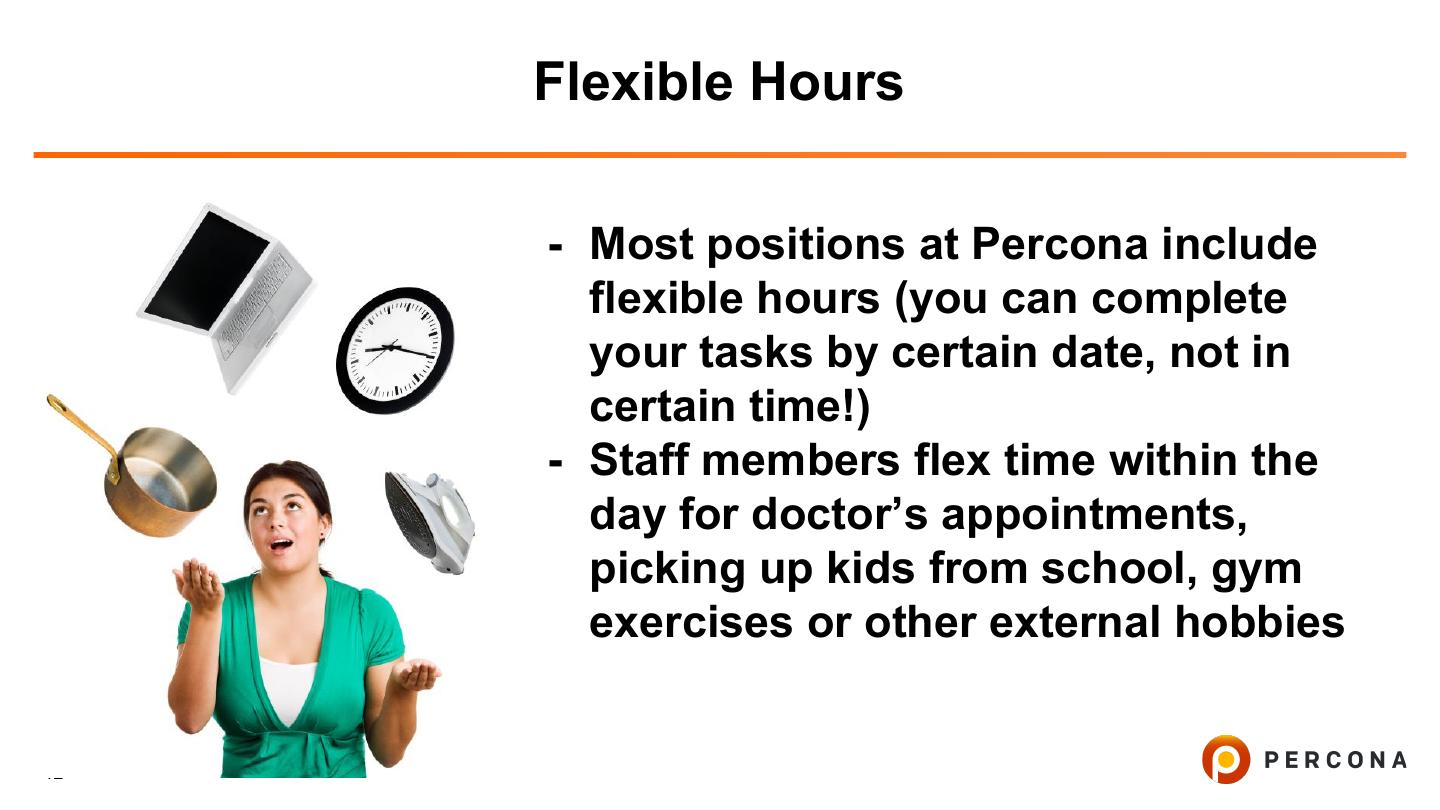Understanding FHA Loan Requirements: A Comprehensive Guide to Qualifying for Your Dream Home
#### FHA Loan RequirementThe FHA loan requirement is a crucial aspect for many prospective homebuyers seeking to secure financing for their new homes. The F……
#### FHA Loan Requirement
The FHA loan requirement is a crucial aspect for many prospective homebuyers seeking to secure financing for their new homes. The Federal Housing Administration (FHA) provides mortgage insurance on loans made by approved lenders to borrowers with low to moderate incomes. This makes FHA loans an attractive option for first-time homebuyers and those with less-than-perfect credit. In this guide, we will delve into the essential FHA loan requirements, helping you understand what you need to qualify and how to navigate the process effectively.
#### What is an FHA Loan?
An FHA loan is a government-backed mortgage designed to make homeownership more accessible. The FHA insures these loans, which means that lenders are protected against losses if the borrower defaults. This insurance allows lenders to offer more favorable terms, such as lower down payments and lower interest rates, making it easier for individuals to obtain financing.
#### Basic FHA Loan Requirements
To qualify for an FHA loan, borrowers must meet several key requirements:

1. **Credit Score**: The FHA has established minimum credit score requirements. Generally, a score of 580 or higher allows for a down payment as low as 3.5%. If your score is between 500 and 579, you may still qualify, but a 10% down payment will be necessary.
2. **Down Payment**: As mentioned, the minimum down payment is 3.5% for those with a credit score of 580 or above. For those with lower scores, a 10% down payment is required. This lower down payment requirement makes FHA loans particularly appealing to first-time buyers.
3. **Debt-to-Income Ratio (DTI)**: The FHA limits the amount of debt you can carry compared to your income. Typically, your DTI should not exceed 43%, although some exceptions can be made based on compensating factors.
4. **Employment History**: Lenders prefer borrowers with a stable employment history. Generally, you should have at least two years of steady employment in the same field.
5. **Property Requirements**: The home you intend to purchase must meet certain standards set by the FHA. The property must be your primary residence and must pass an FHA appraisal to ensure it meets safety and livability standards.

#### Additional Considerations
While the basic FHA loan requirements are straightforward, there are additional factors to consider:
- **Mortgage Insurance Premium (MIP)**: FHA loans require borrowers to pay MIP, which protects the lender in case of default. This insurance can be rolled into your monthly mortgage payments or paid upfront.
- **Loan Limits**: FHA loans have maximum loan limits that vary by location. It's essential to check the limits in your area to ensure your desired home price falls within the allowable range.
- **Pre-Approval Process**: Before you start house hunting, it's wise to get pre-approved for an FHA loan. This process involves a lender reviewing your financial background and creditworthiness, giving you a better idea of how much you can afford.

#### Conclusion
Understanding the FHA loan requirements is vital for anyone considering buying a home, especially for first-time buyers or those with limited financial resources. By familiarizing yourself with the credit score, down payment, DTI, employment history, and property requirements, you can better prepare yourself for the homebuying process. With the right knowledge and preparation, securing an FHA loan can be a significant step toward achieving your dream of homeownership. Whether you're exploring options or ready to apply, make sure to consult with an experienced lender who can guide you through the intricacies of FHA loans and help you find the best path to your new home.